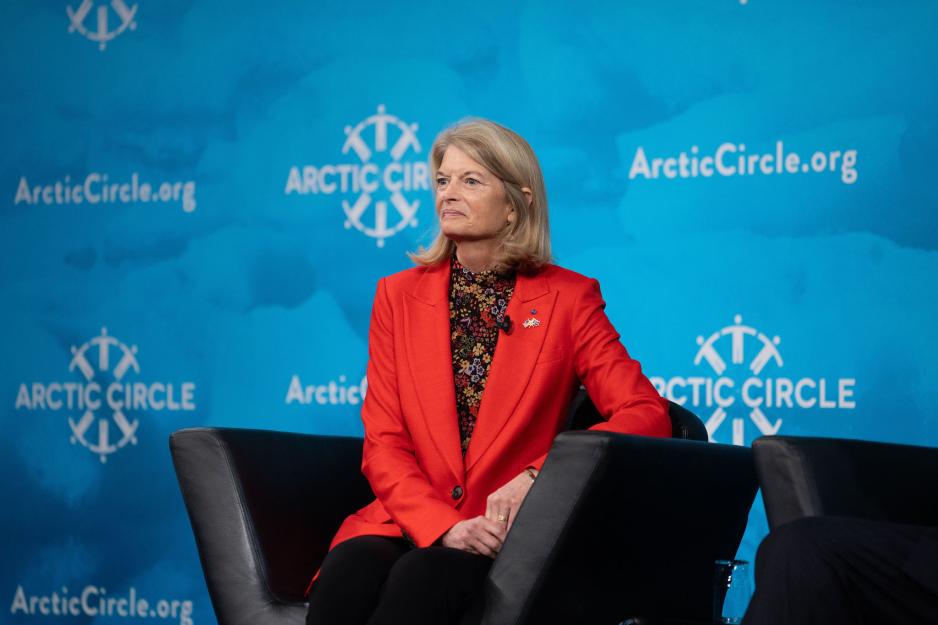Alaska Senator Murkowski With New Push for US Ratification of the Law of the Sea Convention

Lisa Murkowski, Senator for Alaska (R), is leading a new round of efforts to get the Convention on the Law of the Sea approved in the US Senate. “We need to get this done,” she declared to great applause during the Arctic Circle Assembly in Iceland earlier this autumn. (Photo: Arctic Circle)
The ratification of the UN Convention of the Law of the Sea is critical to the US' interests, especially in the Arctic, says Lisa Murkowski, US Senator for Alaska. Now, she and a group of colleagues have put forward a new proposal to get the Senate to finally approve the convention.
"The US needs to ratify the UN Convention of the Law of the Sea. Our lack of approval can cost us valuable territories and resources," stated Lisa Murkowski, Alaska Senator in Congress, at the Arctic Circle Assembly in October.
Now, Murkowski and other senators have put forward a resolution that asks the American Senate to ratify the Convention of the Law of the Sea (UNCLOS) – as 168 other states and the EU have done.
This international treaty, also known as the constitution of the oceans, establishes rules governing all uses of the oceans and their resources. It describes states’ rights and responsibilities in areas such as delimitation, navigation, environmental protection, economic activities and the settlement of disputes relating to ocean matters.
The UNCLOS entered into force in 1994 and was signed by the US the same year. However, it never received decisive consent from the Senate. Republican oppositionists have argued that it constitutes an unacceptable encroachment on American sovereignty.
Murkowski, who is also a Republican, believes, on the other hand, that US power and influence are negatively affected by failing to ratify the treaty.
"It is time for America to not just join the world at the table, but to make sure we are helping to set the rules going forward,” underlines the Alaskan senator.
Arctic continental shelf claims
Murkowski directs attention to the South China Sea and the Arctic Ocean.
"Ratifying the Law of the Sea Treaty will help us keep China’s illegal territorial advances at bay in the South China and is also critical to our national interest in the maritime domain, especially as other Arctic nations look to define their rights to seabed areas beyond their existing exclusive economic zones," she says.
On the eve of 2022, Canada expanded its claim on the seabed in the Arctic Ocean – in competition with Russia and Greenland (Norwegian only). This additional demand states that Canada and the US also have overlapping continental shelves. Still, the Americans cannot register any claims without being party to the UNCLOS.
“The longer we sit out, the longer the rest of world will continue to set the agenda of maritime domain, from seabed mining to critical subsea infrastructure,” Murkowski emphasizes.
Requires a qualified majority
The resolution on UNCLOS has been introduced by Murkowski and the Democratic Senator Mazie Hirono twice before.
They have now been joined by Tim Kaine, also a Democratic senator, to spearhead the resolution.
Independent Angus King, Democrats Jacky Rosen, Chris Van Hollen, Sheldon Whitehouse, and the Republican Bill Cassidy are also senators who are contributing as co-sponsors.
The approval of the agreement requires a two-thirds majority in the Senate, which has 100 members. 49 are Republicans, 48 are Democrats, and three are independent.
Several American organizations, such as within environmental protection, science, trade unions, and industry, have previously expressed support for the US accession to the convention.




